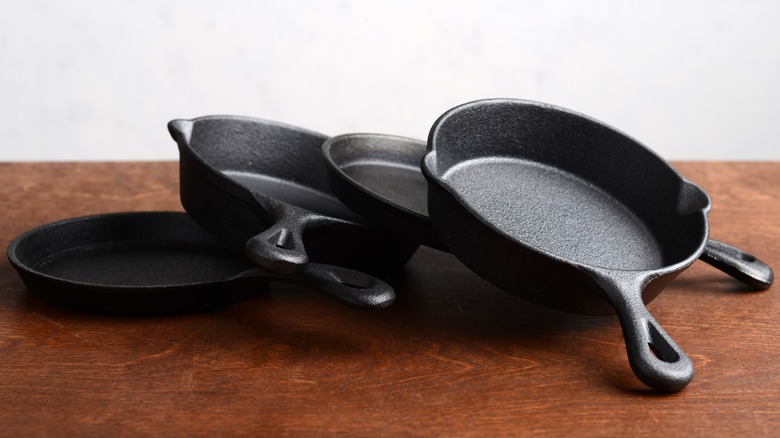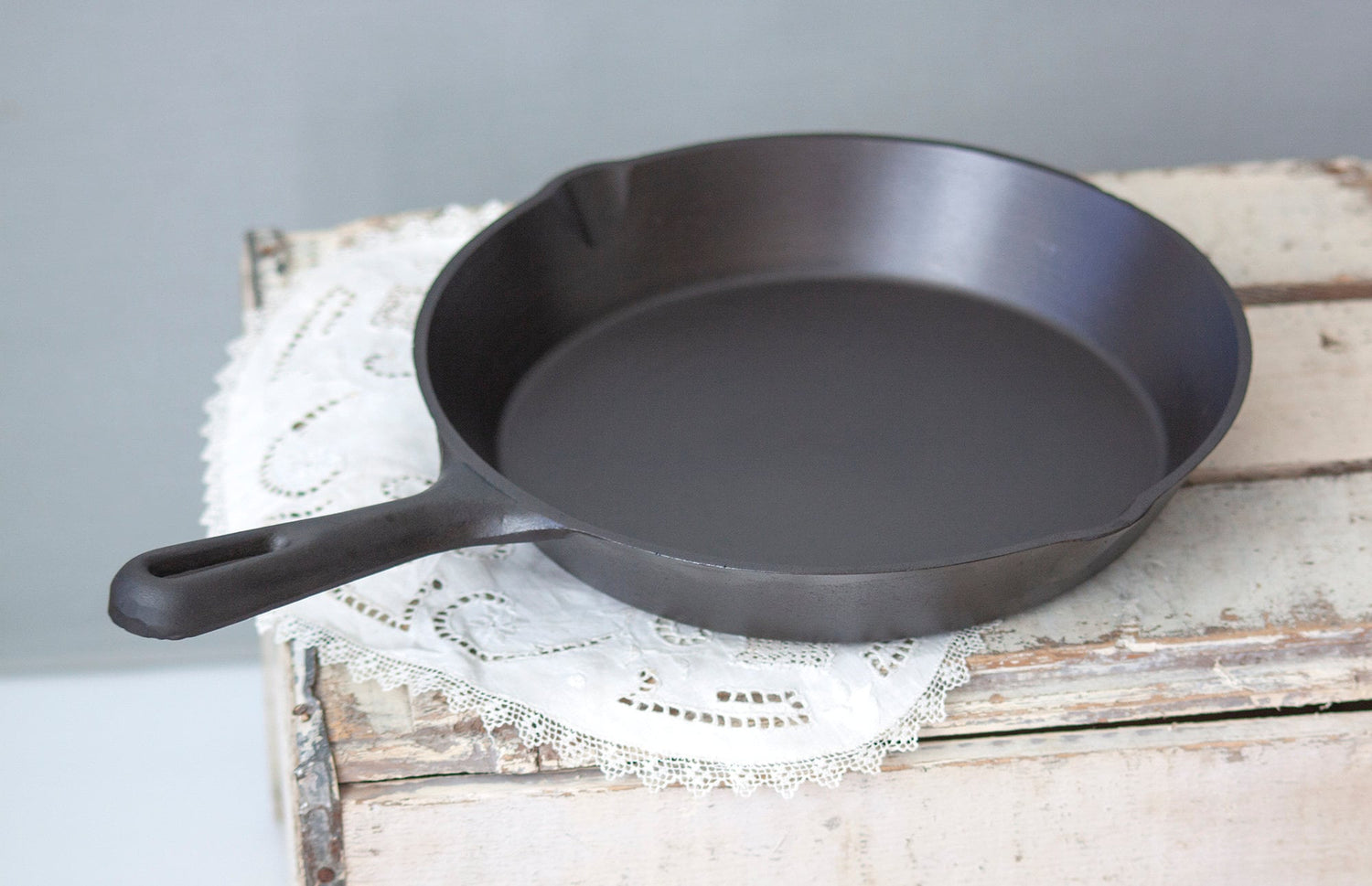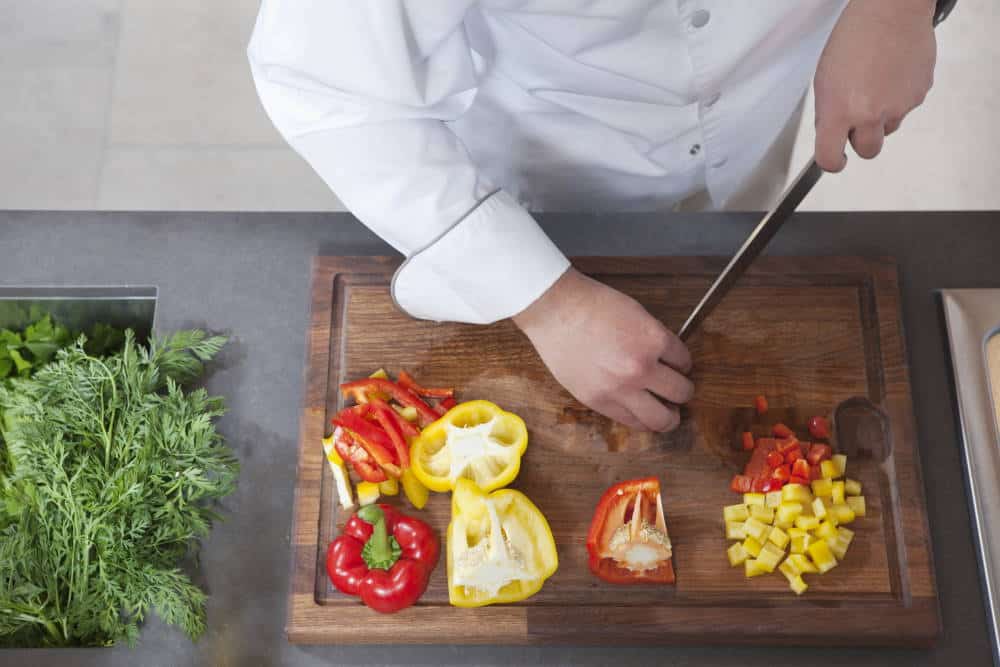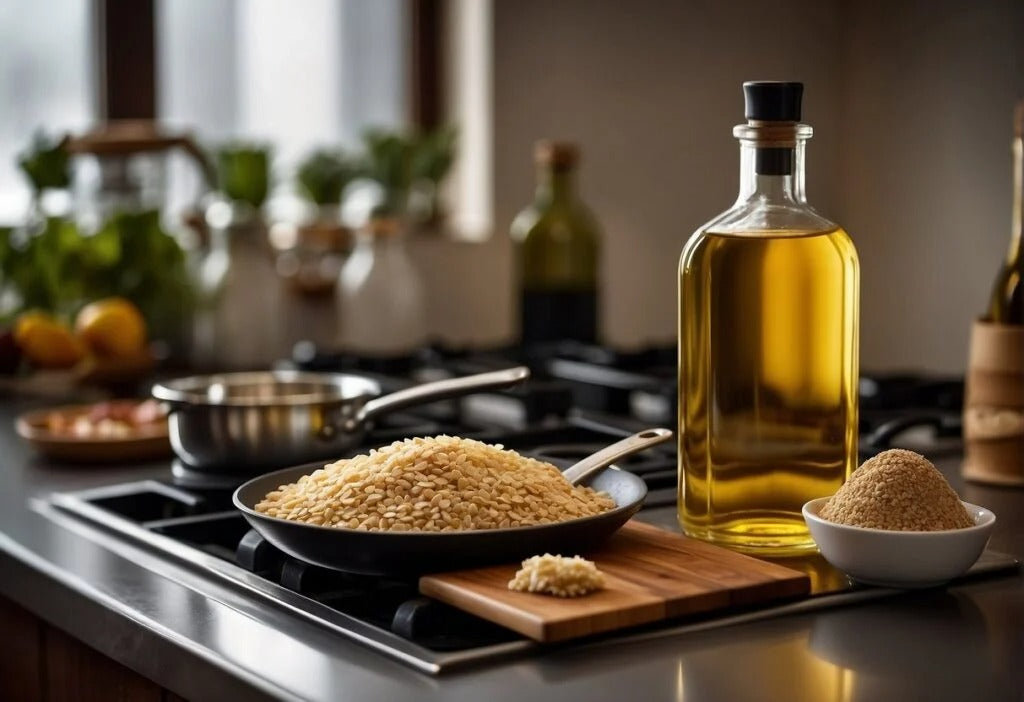For many kitchen professionals, knowing how to deep clean a cast iron skillet is crucial. The longevity and efficiency of this cooking tool can dramatically affect your culinary performance. A well-maintained skillet not only enhances flavor but also provides remarkable results in cooking. Whether you're a seasoned chef or an aspiring cook, understanding the fundamentals of cleaning this kitchen essential is effective for maintaining its quality.
There's a great deal of misinformation around cleaning cast iron. Professional chefs know that with great use comes great responsibility. If you've used your skillet for frying, sauting, or even baking, it's time to give it an unmissable deep clean that restores its natural properties and charm.

Understanding the Importance of Deep Cleaning
Understanding how to deep clean a cast iron skillet transcends the act itself; it's about preserving its integrity and ensuring your dishes remain delightful. Food particles, oil residues, and other contaminants can build up over time, making your cooking surface a breeding ground for bacteria. It's shocking how many chefs overlook this vital aspect of kitchen maintenance.
What You Will Need for Deep Cleaning
Before starting, gather the necessary tools to streamline your cleaning process:
- A stiff brush or sponge
- Coarse salt
- Vegetable oil or melted shortening
- Paper towels
- Hot water
Step-by-Step Process on How to Deep Clean a Cast Iron Skillet
To effectively deep clean your cast iron skillet, follow these key steps:
1. Rinse the Skillet
Start by rinsing the skillet under hot water. This will help loosen up any stuck-on food particles. It's essential to note that you should avoid immersing your skillet in water, as prolonged exposure can rust your pan.
2. Use Coarse Salt for Scrubbing
After rinsing, take coarse salt and sprinkle a generous amount into the skillet. The salt acts as an abrasive that helps scrub away stubborn residues without damaging the seasoning of the skillet. With your stiff brush or sponge, scrub the surface in circular motions.
3. Rinse and Dry Immediately
Once you've scrubbed away the debris, rinse the skillet under hot water again. Remember, it's vital to dry the skillet thoroughly after cleaning to prevent rust. You can do this by placing it on low heat for a few minutes until all moisture evaporates.
4. Re-Seasoning the Skillet
After cleaning, apply a thin coat of vegetable oil or melted shortening to protect your cast iron and restore its natural non-stick qualities. Rub the oil over the interior surface using a paper towel, then place it in a preheated oven upside down at 375F for about an hour. This process will help seal the oil into the skillet.
:max_bytes(150000):strip_icc()/ses-product-group-shot-rkilgore-87f90f93b4b34ec5afb38d5d75c6094b.jpeg)
Regular Maintenance: Keeping Your Cast Iron Skillet in Top Shape
While knowing how to deep clean a cast iron skillet is essential, regular maintenance is equally crucial. Here are a few tips for daily maintenance:
- After each use, clean food residues promptly.
- Use a non-abrasive scrubber for light cleaning.
- Avoid soap or harsh detergents.
Common Mistakes to Avoid
Many kitchen professionals tend to overlook certain practices. Here are some common mistakes to avoid while maintaining your cast iron skillet:
- Using soap excessively, which can strip the seasoning.
- Soaking the skillet in water for long periods, leading to rust.
- Forgetting to re-season after deep cleaning.
Frequently Asked Questions
1. Can I use soap to clean my cast iron skillet?
Occasional use of mild soap is fine, but it's best to avoid it altogether to preserve the seasoning.
2. How often should I deep clean my cast iron skillet?
After heavy usage or when you notice significant build-up, it's crucial to give it a deep clean.
3. What should I do if my cast iron skillet gets rusty?
You can learn how to restore a rusty skillet by following our guide here.
In summary, knowing how to deep clean a cast iron skillet is vital for all cooking professionals looking to elevate their culinary skills. By following these straightforward steps and avoiding common mistakes, you can ensure your skillet remains a reliable kitchen companion.
As an Amazon Associate, I earn from qualifying purchases.






Leave a comment
This site is protected by hCaptcha and the hCaptcha Privacy Policy and Terms of Service apply.